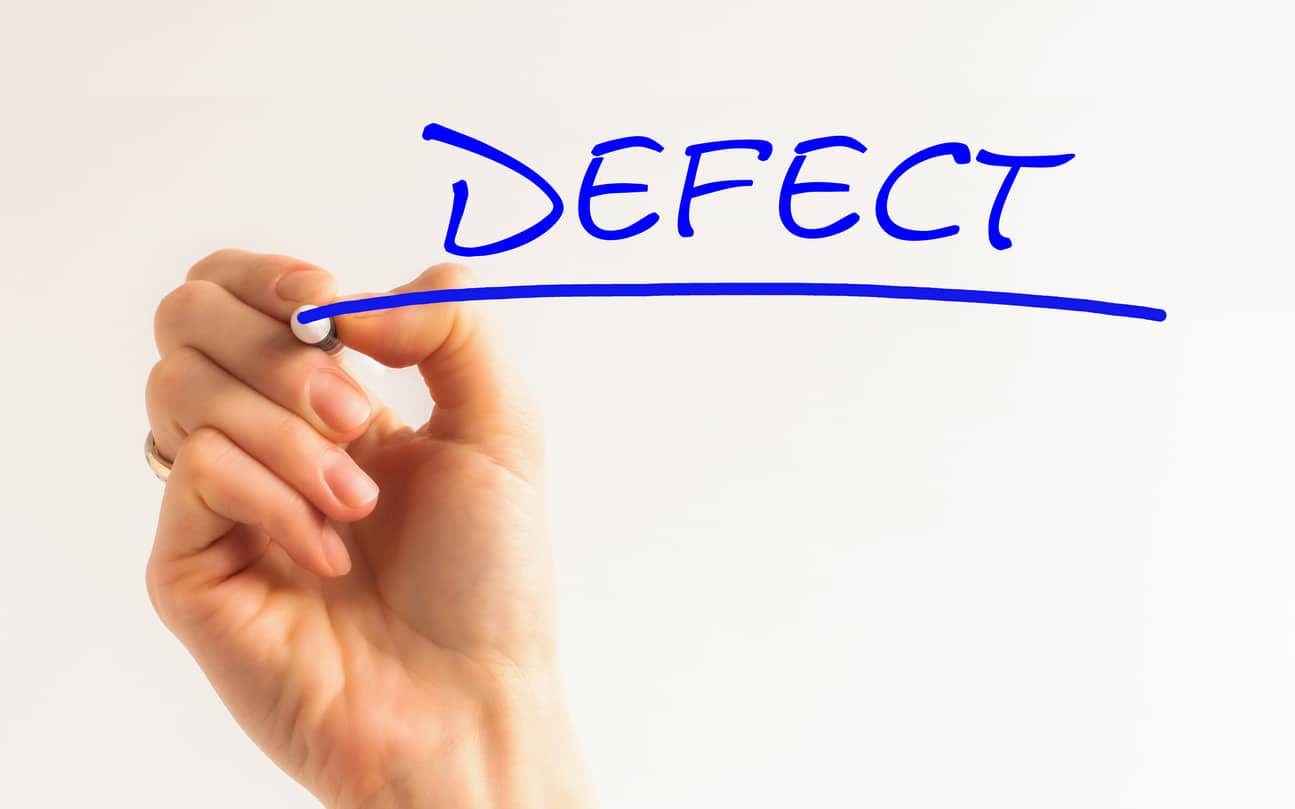Companies cannot afford to put out goods that are harmful, defective, or simply do not work as advertised. The right decision would be to initiate a product recall, but the unfortunate reality is that most of the time, a defective product isn’t identified until it is in the hands of the consumer. When they find a product that doesn’t work, or in fact, might be detrimental to their health, the first thing on their mind would be to blame the brand on the packaging. Unfortunately, product liability laws make it easy to force you to put your company’s reputation on the line, even if you have no earthly idea what came of the goods in particular.
About Product Liability Laws
Product liability laws are in effect so that if a product is found harmful and / or life-threatening, the consumer has the grounds to take legal action against whoever is responsible. Failing to prevent a potentially harmful product from making store shelves can result in large fines from the government. Not only does your company need to handle goods safely, but so do other companies that handle them as well, as you are obligated to stop tainted goods from getting to customers.
If Not The Manufacturer, Who Else Might Be Responsible?
For the most part, the manufacturer is the party that is responsible for a defective or harmful product, which leads to the recall. If you find that there are no problems from your product assembly and packaging departments, the problem may have been caused by another company that ships or sells the product; namely retailers and distributors. A third suspect might also come in the form of a company that you get parts or ingredients from.
How Are Retailers Vulnerable?
Retail stores, in-person and online, have laws to follow in order to only sell safe products to consumers. This also includes examining items to ensure they are safe, or else they should not sell them. Retail stores can become liable in causing a harmful product to affect a consumer in one of multiple ways. If they fail to examine products, there is no way of knowing whether or not a given product may be harmful, and the consumer trusts the retailer that it is, when it might not be. Secondly, the retailer might be aware that a product is harmful, or it is placed under a recall plan, but they decide to sell it anyway. This is considered illegal according to the (Food and Drug Administration) FDA and the (Consumer Product Safety Commission) CPSC. Finally, the retailer themselves may cause the product to be defective or harmful through their own improper handling methods. For instance, food products might not be stored in the right conditions which might cause them to spoil prematurely.
How Are Wholesale Distributors Vulnerable?
Like stores, distributors that ship and deliver items also have laws to follow in keeping goods safe and out of harm’s way. If they notice a shipment or product of goods that don’t look the way that they are intended, they would best ask either the store that were to receive them or the manufacturer where they came from on what to do with them. If distributors receive goods that are in great condition, they might not be once they ship those goods to retailers or consumers, which would likely stem from improper mishandling of goods. It’s a requirement for distributors to keep all their inventory in a safe and cool environment. If a distributor you work with has a history of mishandling your goods, you should think about choosing a new distributor that may handle your goods better.
How Are Manufacturer Partners Vulnerable?
A problem also may occur before product assembly, and that would be when you receive parts or ingredients from other companies that might cause problems that are beyond the knowledge of both companies at first. For example, a mislabeled ingredient or the wrong ingredient might be sent to your location, and used to make food or pharmaceutical products. For defective parts, the problem can quickly be traced to your partner. This is commonplace in SaaS recall management andvehicle recall management. For consumables, a product test would likely need to be conducted to determine what is not right with the product.
Conclusion
Whichever party is liable for a tainted or defective product, you must sort it out quickly. Starting a recall management plan is an effective way to prevent defective or harmful products from being used by consumers. Recalls are meant to give instructions to stores and distributors to return any of a certain product still in stock back to you. This is often followed by a press release to let the public know that there has been a mistake in said product and you are investigating it.
Even if another company is found responsible for mishandling a product that you create, your company’s reputation would be on the line and you might still face unnecessary legal ramifications without starting the recall process. If you do not have a proper recall plan in place, you can get started with recall management software.
